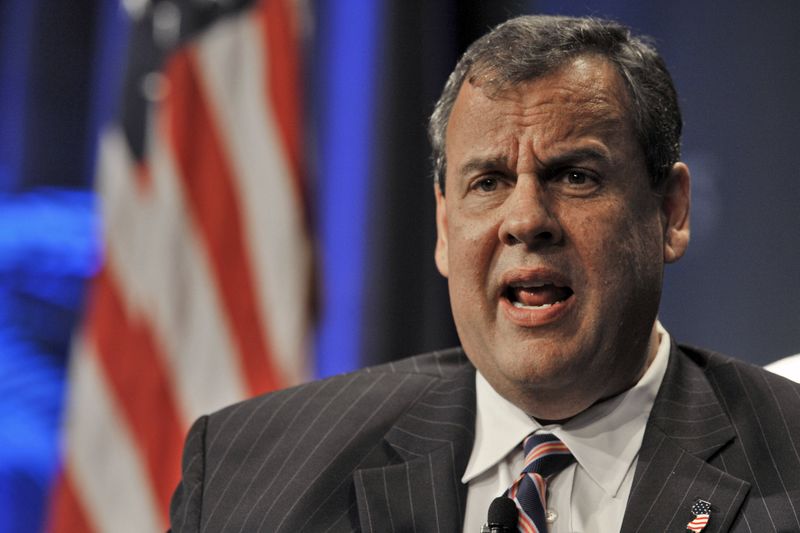Investing.com’s stocks of the week
By Jessica DiNapoli
(Reuters) - Republican New Jersey Governor Chris Christie on Friday vetoed a "millionaire's tax" and stripped $1.6 billion in spending from the 2016 state budget passed by Democrats, instead backing a bigger tax credit for the working poor but a smaller public pension contribution.
Instead of the $3.1 billion Democrats had wanted to put into the state's retirement system for teachers and other public employees next year, Christie budgeted for $1.3 billion. He also put $212 million of extra revenues into the pension funds, effective immediately.
Christie, expected to announce on Tuesday that he will seek the 2016 Republican nomination for president, again vetoed a tax hike on the 17,000 New Jerseyans whose taxable annual income exceeds $1 million.
Democrats decried his line-item vetoes, but they do not have enough votes to override them.
"His stewardship of the state budget has left the state wanting," Assembly Budget Chairman Gary Schaer said in a statement. "While we underfund our obligations, we continue to see no plan to the future for transportation, education, higher education, property tax relief, job creation and housing."
They were critical even of what they said was his delayed action to boost the earned income tax credit for working poor families. Christie sent legislation back to lawmakers for their approval to increase the state credit to 30 percent of the federal level from 20 percent, even higher than what Democrats had sought.
While that is the "right thing to do," it comes after Christie repeatedly rejected several similar proposals in previous years, Schaer said.
Christie said it would put New Jersey in line with neighboring New York.
"I hope that the Legislature will concur quickly in that so that working families in New Jersey will know that they're going to have more money in their pocket to spend on their families and less money here in Trenton for politicians to spend," Christie said.
The governor also cut a 15 percent surcharge on corporations, among other items in the $35.4 billion approved on Thursday by the legislature.
